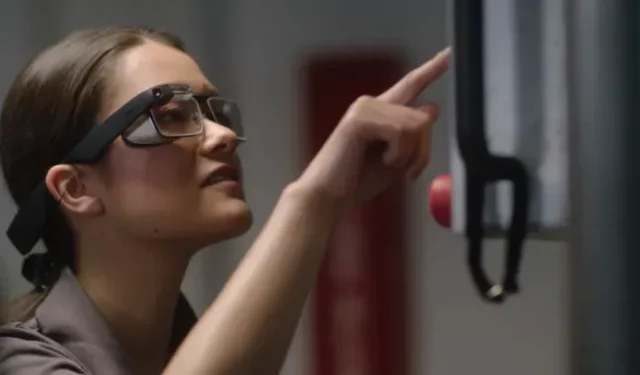RIP (again): Google Glass will no longer be sold

This week, Google announced the end of sales of the Google Glass Enterprise Edition, marking another end to the life of the Glass product, which was originally intended to start the augmented reality revolution.
First launched to a limited audience in 2013, Glass was supposed to be a revolutionary new computing platform. The headset offered users a head-up display and a built-in camera, allowing them to see a small amount of information and take pictures of the environment.
While it has been embraced by some tech enthusiasts, it has also been widely ridiculed due to its outrageous appearance, limited functionality, and potential role in violating the privacy of people around the user. The criticism was so harsh that the term “glass hole”was sometimes used to describe the people who wore it.
The original version, aimed at mass consumer ambitions, was discontinued in 2015. Two years later, Google announced the Google Glass Enterprise Edition with the curtailed goal of selling the device for narrow applications in industries such as medical and construction. An updated version called Google Glass Enterprise Edition 2 was announced in 2019 and it was the one that was discontinued this week.
Google hasn’t announced any plans to relaunch the Google Glass brand after this, but the company is known to be working on other types of AR glasses for a possible future release.
Google acquired smart glasses maker North in 2020, and since then it has been working on a wearable AR device, codenamed Project Iris, that resembles ski goggles in last year’s reports.
Rivals Apple and Meta are also working on AR glasses with an eye to them being released to consumers sometime in the future, but the limitations of both optical and battery technologies make it likely that they are still far from mainstream market adoption.
However, some current and future VR headsets (perhaps including long-running rumors and Apple’s long-delayed headset supposedly finally released this year) have cameras and pass-through capabilities that could include some AR-like features.
All this suggests that augmented reality is far from becoming a ubiquitous consumer product. But given this second end to Google Glass’s life and Microsoft’s recent layoffs in its mixed reality division, even enterprise adoption isn’t happening at the pace some in the industry had hoped or predicted – at least not yet.
Image in Google listing
Leave a Reply